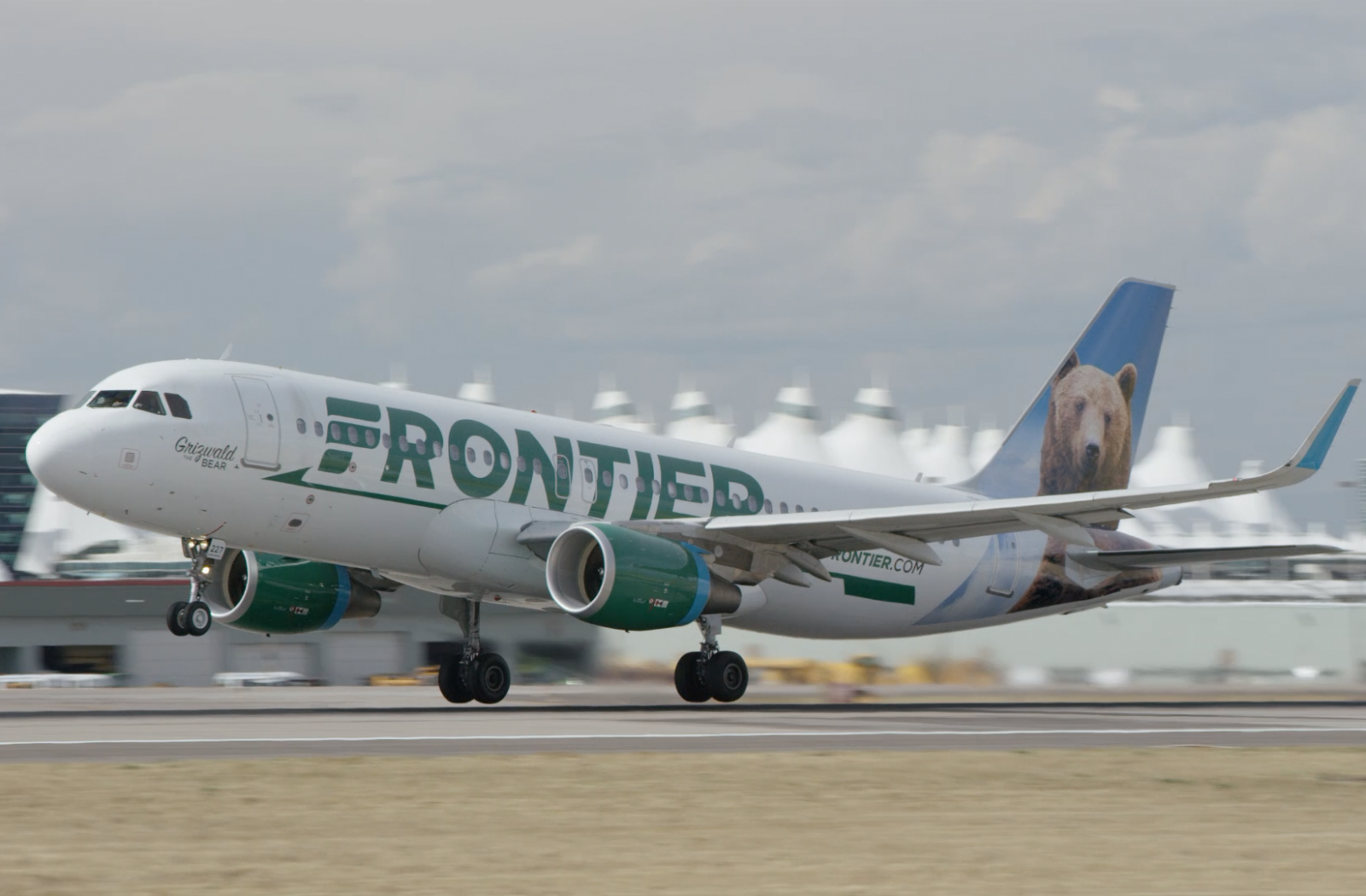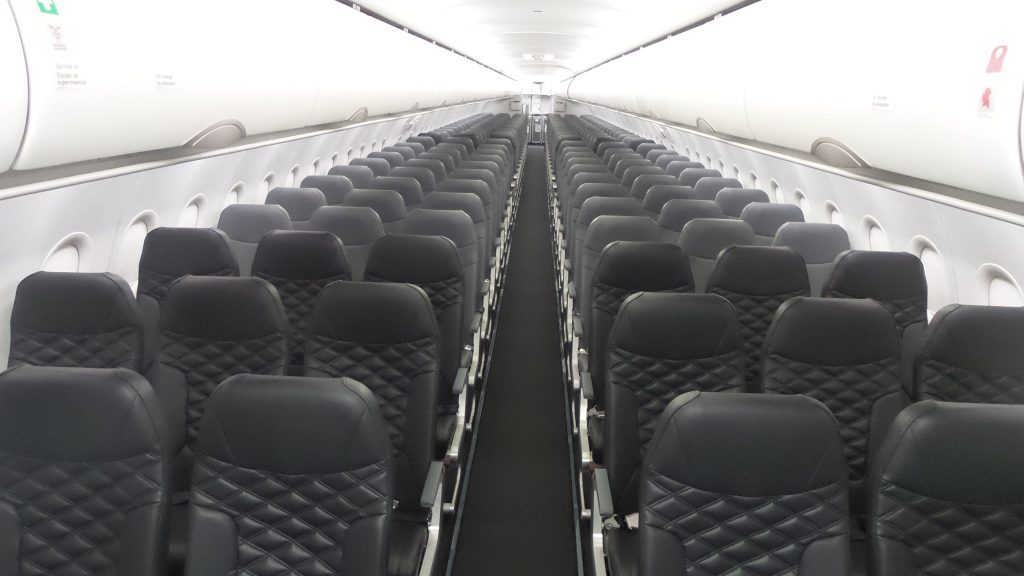
Denver-based ultra-low-cost carrier Frontier Airlines has rowed back on plans to charge passengers the luxury of having an empty middle seat next to them after facing a backlash from lawmakers and the public. Frontier had been accused of “capitalizing on fear” with its plans to charge between $39 and $89 to block one of 18 middle seats on its Airbus A320 fleet so that passengers could better comply with social distancing guidelines.
The so-called ‘More Room’ initiative was due to begin on Friday, May 8 – the same date as Frontier will require all of its passengers to wear a face mask. Those travelling with the airline will also have to self-declare that they are not suffering any COVID-19 symptoms and that they have taken their own temperature before travelling to the airport.

Passengers will also sign a health declaration agreeing to wash and sanitize their hands during the flight. At the time, Frontier chief executive Barry Biffle said he believed the best way to protect passengers was the wearing of face masks but that the option to pay extra for an empty middle seat would give some passengers “extra peace of mind”.
A number of airlines have floated the idea of blocking the middle seat to enable some form of social distancing on their planes. Delta has embraced the idea by recently capping the maximum occupancy of its First Class cabin to just 50 per cent, while Main Cabin occupancy won’t be allowed to over 60 per cent.
But during a Senate hearing about the impact of the COVID-19 pandemic on the U.S. aviation industry, Biffle submitted a letter rescinding the ‘More Room’ seat plan.
“We recognize the concerns raised that we are profiting from safety and this was never our intent. We simply wanted to provide our customers with an option for more space,” the May 6 letter read.
Going forward, Biffle said Frontier would apply “best efforts to ensure as much social distancing as possible throughout the aircraft.” Biffle didn’t detail what that might mean in practice but longterm one can expect to say goodbye to in-flight social distancing.
In the short-term, with passenger loads light, Frontier is likely to do its best to distribute passengers around the cabin – either at check-in or during the boarding process. But once passenger loads start to pick up, don’t expect middle seats to be blocked. Instead, Frontier will turn to its face-covering policy.
The International Air Transport Association (IATA) has backed the idea of the mandatory wearing of face masks but dismissed social distancing by blocking seats. The trade body claims the average industry breakeven load factor of 77 per cent is well below the maximum load factor of 62 per cent if the middle seat is blocked.
IATA claimed ticket prices could soar by as much as 53 per cent if airlines were compelled to block the middle seat.
Biffle told the hearing that passenger load factors were currently sitting at around 50 per cent and were trending upwards in the weeks ahead.
Related
Mateusz Maszczynski honed his skills as an international flight attendant at the most prominent airline in the Middle East and has been flying ever since... most recently for a well known European airline. Matt is passionate about the aviation industry and has become an expert in passenger experience and human-centric stories. Always keeping an ear close to the ground, Matt's industry insights, analysis and news coverage is frequently relied upon by some of the biggest names in journalism.







